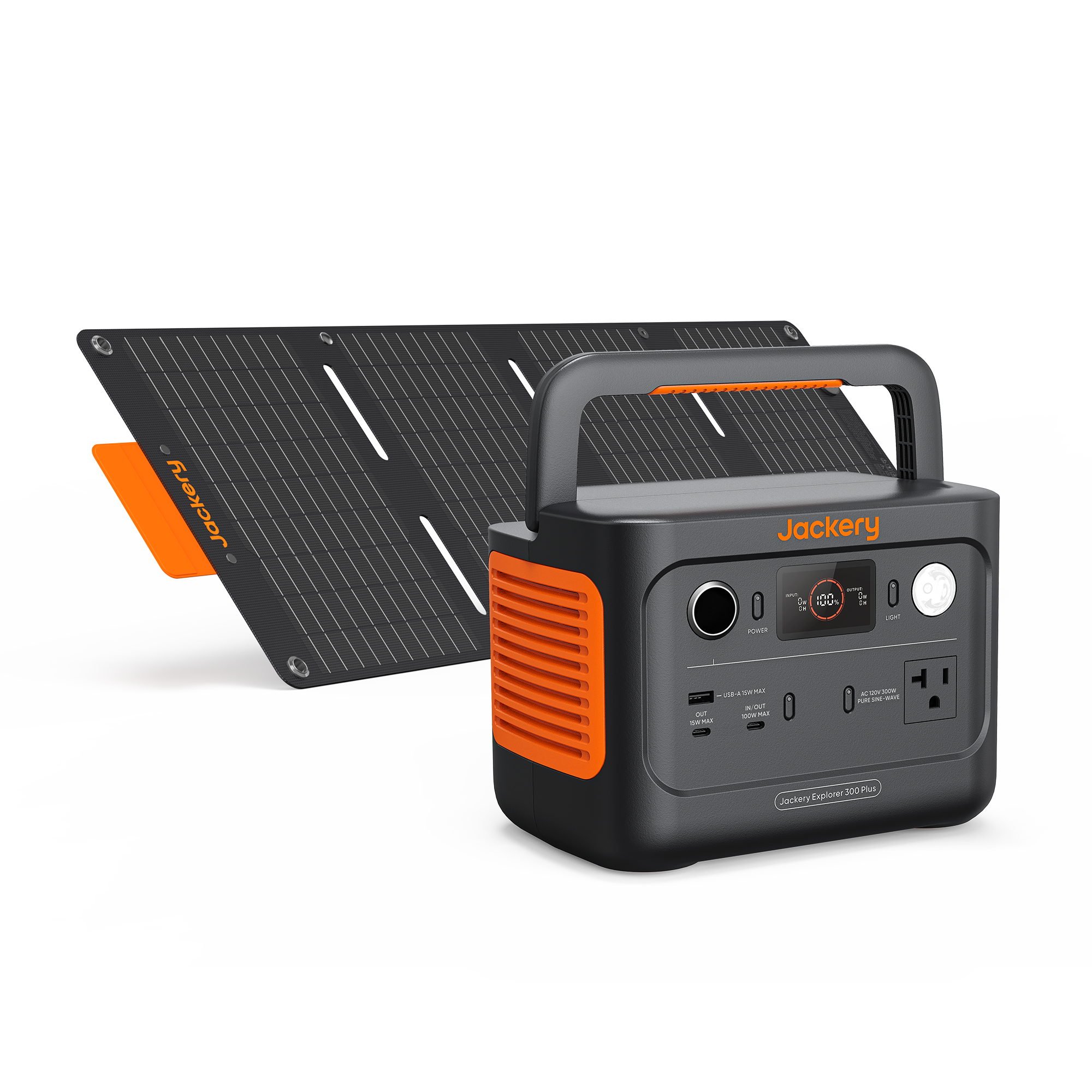GTDigger
New member
I have a 2021 Mazda CX-5 that I’m getting ready to move into. I have a storage space with every kitchen appliance I have and will kind of be using it a a cooking area for bulk meals.
I guess I need a pretty decent power inverter to run out of my back 12v supply. And does a rechargeable large battery make sense?
I guess I need a pretty decent power inverter to run out of my back 12v supply. And does a rechargeable large battery make sense?





